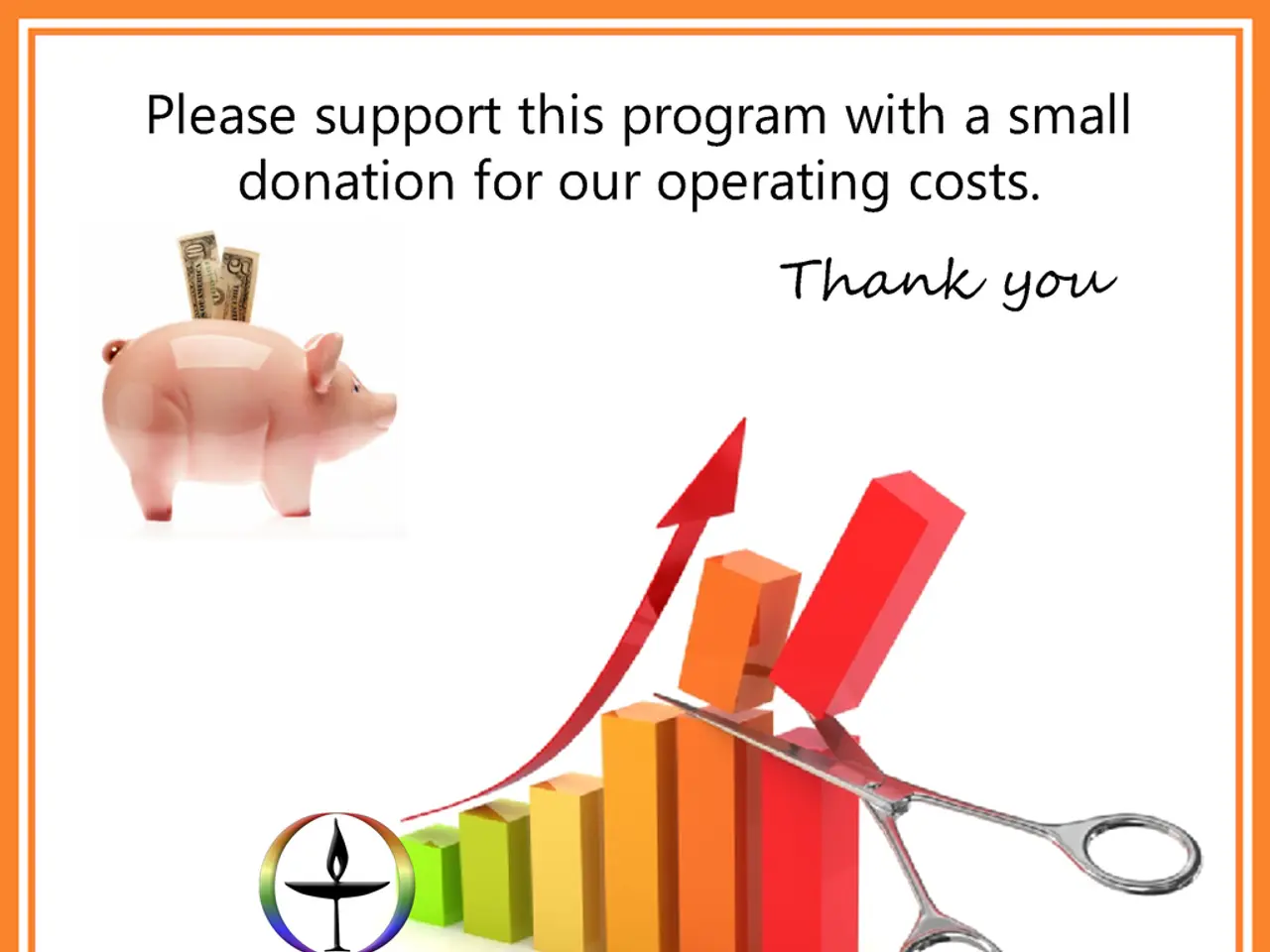Financial institution Santander considering launch of stablecoin and cryptocurrency services
In a significant shift towards modernizing payment systems, several global systemically important banks (G-SIBs) have shown interest in stablecoins and blockchain technology. One of the pioneers in this movement is Banco Santander, which launched the EURCV euro coin in 2023, making it the fourth G-SIB to do so.
Santander's digital money initiative with Fnality is one of its most significant digital projects. The bank ranks among 20 institutional backers of the wholesale blockchain-based settlement network. Santander is also part of the early adopter group for Fnality, alongside Lloyds Bank and UBS.
Santander's foray into stablecoins doesn't stop at its individual initiative. The bank is a shareholder in The Clearing House, where US banks are exploring the potential to create a joint stablecoin. If a US initiative takes this route, it could involve nine more G-SIBs including Bank of America, Barclays, BMO, BNY Mellon, Citi, HSBC, JP Morgan, TD Bank, and Wells Fargo.
Other G-SIBs expressing similar interest include Goldman Sachs, BNY Mellon, HSBC, and SBI. Goldman Sachs and BNY Mellon claim to have launched the first U.S. tokenized money market fund, a stablecoin-related product. Goldman Sachs has also developed blockchain settlement tools, indicating active stablecoin involvement. HSBC has introduced a tokenized gold platform, reflecting stablecoin and tokenization efforts linked to asset-backed digital currencies. SBI, a major Asian banking group, is developing quantum-resistant digital currency technology and digital assets, including stablecoin infrastructure.
Deutsche Bank and Standard Chartered are also actively exploring stablecoin opportunities. Deutsche Bank is a partner in ALLUnity, a stablecoin initiative planning to launch this year, subject to regulatory approval. Standard Chartered is part of a joint venture in Hong Kong planning to introduce a stablecoin.
The expansion of stablecoin infrastructure is especially for mainstream cross-border payments. Apart from these initiatives, more than 20 other banks have been involved in stablecoin projects. This trend aligns with wider banking sector investments exceeding $100 billion in blockchain since 2020 to enhance cross-border payments, settlement efficiency, and digital asset issuance.
These developments collectively show a broader push among G-SIBs—not limited to those specified—to modernize payment and settlement systems using stablecoins and blockchain infrastructures. The trend towards stablecoins and blockchain technology in the banking sector is set to continue, promising a more efficient and modernized future for cross-border payments.
[1] Source: CoinDesk [3] Source: The Block
- Santander's digital money initiative with Fnality, a wholesale blockchain-based settlement network, is one of its most significant digital projects, with the bank being among 20 institutional backers.
- Banco Santander is also part of the early adopter group for Fnality, alongside Lloyds Bank and UBS, indicating a shared interest in blockchain technology.
- Santander is also a shareholder in The Clearing House, where US banks are exploring the potential to create a joint stablecoin, which could involve nine more G-SIBs.
- Other G-SIBs expressing interest in stablecoins include Goldman Sachs, BNY Mellon, HSBC, and SBI, with Goldman Sachs developing blockchain settlement tools and HSBC introducing a tokenized gold platform.
- Deutsche Bank and Standard Chartered are also actively exploring stablecoin opportunities, aligning with a broader push among G-SIBs to modernize payment and settlement systems using stablecoins and blockchain infrastructures.




